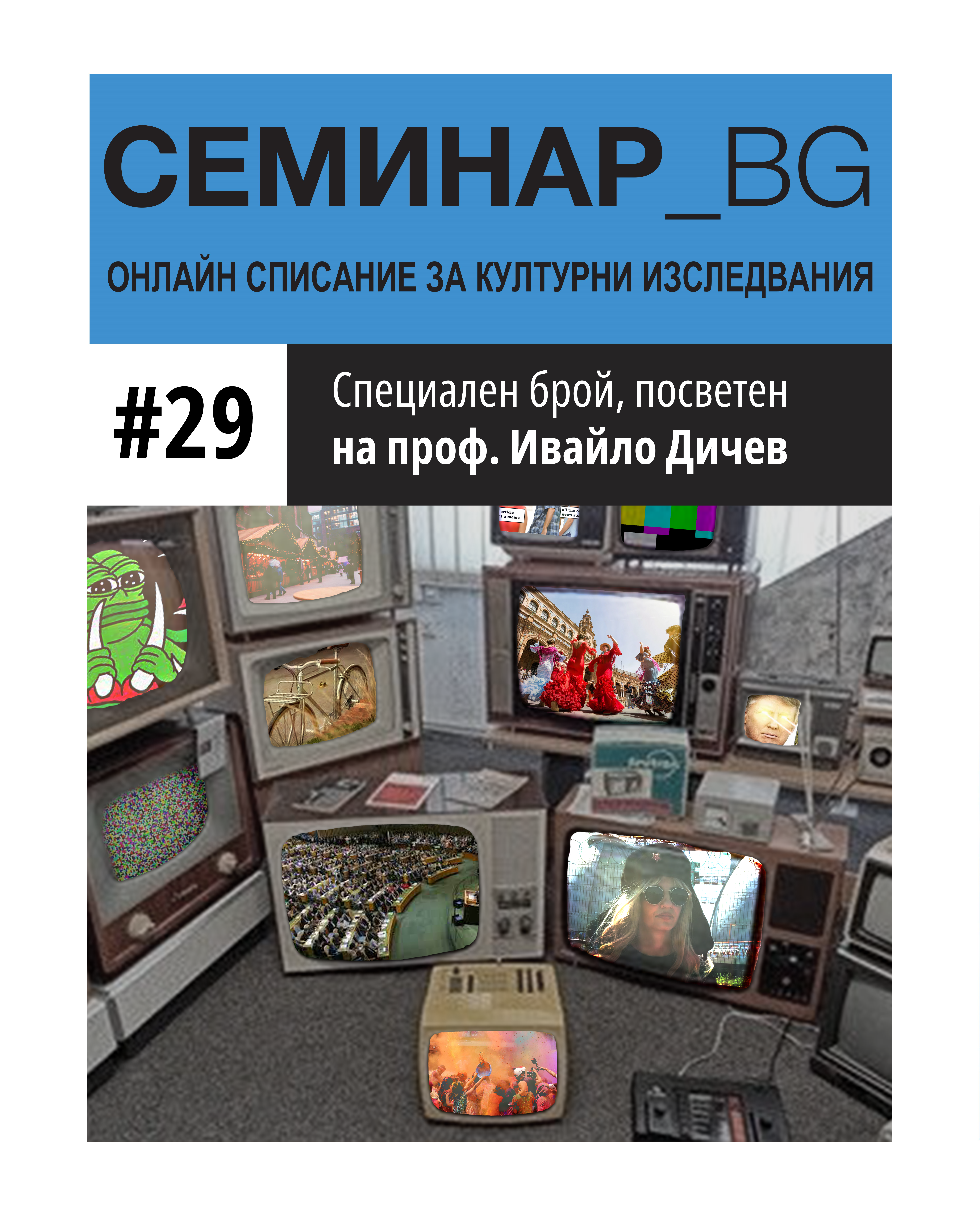The Contours of the Post-public Sphere
DOI:
https://doi.org/10.60054/SBG.2025.29.104-116Keywords:
public sphere, new media, social networks, post truthAbstract
The text focuses on discussions about the crisis of the public sphere in the context of the transition from traditional to new media. It traces some key theses related to the deformations of publicity and the new mechanisms of forming audiences and public opinion. It examines the possibility of conceptualizing a new, post-public sphere, which is a negation of Habermas's idea of publicity, but at the same time functions as a tool for understanding and analyzing the communicative situation in the post-truth era.
References:
Beckman, Frida. 2022. The Paranoid Chronotope: Power, Truth, Identity. Stanford, California: Stanford University Press.
Benhabib, Seyla. 1997. “The Embattled Public Sphere: Hannah Arendt, Juergen Habermas and beyond”. Theoria, 44: 1–24. doi: 10.3167/th.1997.449002
Bennett, Lance and Pfetsch, Barbara. 2018. Rethinking Political Communication in a Time of Disrupted Public Spheres. Journal of Communication, 68 (2): 243–253.
Blumler, Jay. 2018. “The Crisis of Public Communication 1995-2017”. Javnost – The Public, 25(1–2): 83–92.
Castells, Manuel. 2009. Communication Power. Oxford: Oxford University Press.
Cohen, Julie. 2019. Between Truth and Power: The Legal Constructions of Informational Capitalism. New York, NY: Oxford University Press.
Cosentino, Gabriele. 2020. Social Media and the Post-truth World Order: The Global Dynamics of Disinformation. Cham, Switzerland: Palgrave MacMillan.
Crouch, Colin. 2004. Post-Democracy. Cambridge: Polity Press.
Crouch, Colin. 2019. “Post-Democracy and Populism”. The Political Quarterly. 90(1): 124–137.
Davies, William. 2021. “Anti-Equivalence: Pragmatics of Post-Liberal Dispute”. European Journal of Social Theory, 24 (1): 44–64. doi: 10.1177/1368431020945841
Dean, Jodi. 2003. “Why the Net is Not a Public Sphere”. Constellations, 10: 95–112. doi: 10.1111/1467-8675.00315
Habermas, Yurgen. 1995. Strukturni izmenenia na publichnostta. Sofia: UI „Sv. Kl. Ohridski.
Habermas, Yurgen, 2023. Edno novo strukturno izmenenie na publichnostta i deliberativnata politka. Sofia: Kritika i humanizam.
Marres, Noortje. 2018. “Why We Can’t Have Our Facts Back”. Engaging Science Technology and Society, 4: 423–443. doi: 10.17351/ests2018.188
Melley, Timothy. 2024. Conspiracy, Theory, and the “Post-Truth” Public Sphere”. In: Masco, Joseph and Wedeen, Lisa (Eds). Conspiracy Theory. Durham: Duke University Press).
Reed, Laura and Boyd, Danah. 2016. Who Controls the Public Sphere in an Era of Algorithms? Questions and Assumptions.
https://datasociety.net/wpcontent/uploads/2016/05/QuestionsAssumptions_background-primer_2016.pdf
Schlesinger, Philip. 2020. “After the Post-Public Sphere”. Media, Culture & Society, 42(7-8): 1545–1563.
Terranova, Tizania. 2004. Network Culture: Politics for the Information Age. London, Ann Arbor, MI: Pluto Press.
Zeeuw, Daniel De. 2024. “Post-Truth Conspiracism and the Pseudo-Public Sphere”. Media Governance and the Public Sphere, 9. https://doi.org/10.3389/fcomm.2024.1384363
Downloads
Published
How to Cite
Issue
Section
License

This work is licensed under a Creative Commons Attribution-NonCommercial-NoDerivatives 4.0 International License.

